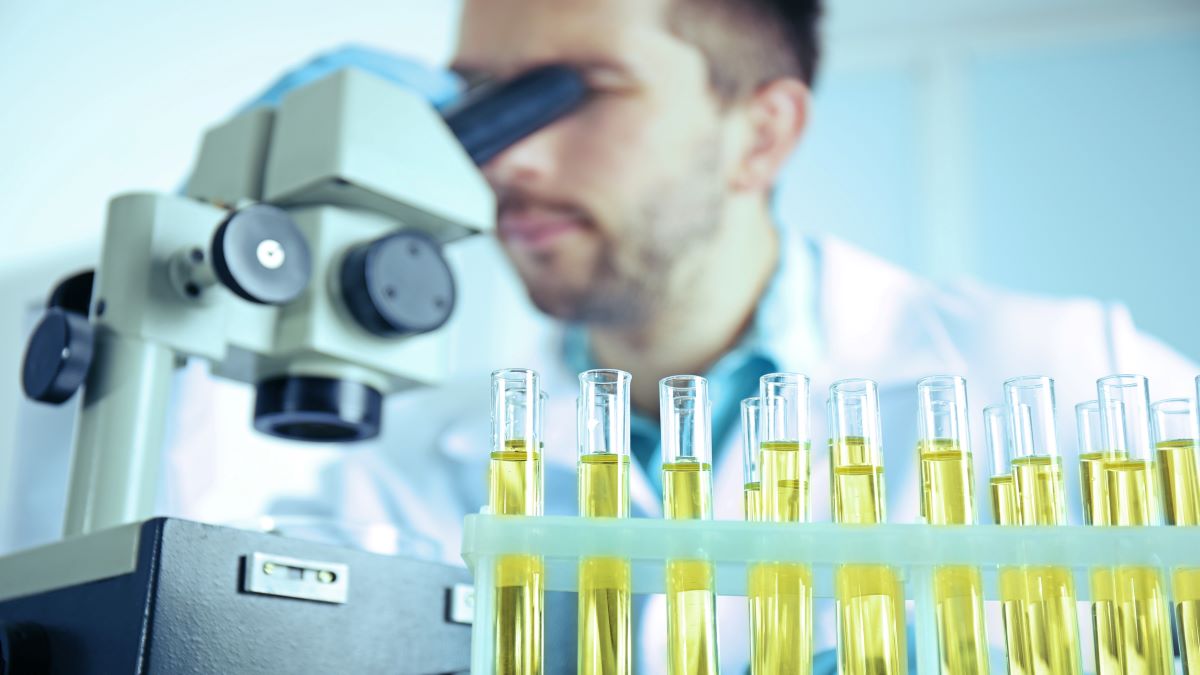It is essential to diagnose and treat an inflammation of the prostate gland – prostatitis. There are several types of this condition. Therefore, treatment methods may vary. Moreover, asymptomatic inflammatory prostatitis doesn’t require treatment at all. Still, failing to diagnose and manage other forms of this disease can lead to complications.
Prostatitis diagnostics
Generally, the doctor diagnoses prostatitis by excluding other possible conditions characterized by similar symptoms. In addition to identifying this disease, it is crucial to determine what type of prostatitis the person has. Usually, the healthcare provider starts with a physical examination of the patient and a questionnaire about symptoms and medical history. The physical exam often involves a digital rectal examination (DRE). In addition, the doctor may recommend performing some of the following tests:
- Urine tests are the collection and examination of a patient’s urine samples. The specialist checks for the signs of infection. Sometimes the doctor will suggest taking several samples: before, during and after the massaging patient’s prostate via gloved finger with lubricant.
- Blood culture is a test that helps identify an infection.
- Bladder tests (urodynamic tests) check the ability of the patient to empty the bladder. It, in turn, gives the doctor a possibility to evaluate how much prostatitis impacts the person’s urinary function.
Prostatitis treatment
The method of treatment varies due to the type of prostatitis. The choice of the doctor also plays a role because different urologists prefer different ways to manage this condition. The specialist must ensure that symptoms are not caused by urethritis or another disease that permanently damages the kidneys or bladder. The treatment options may involve:
- The use of anti-inflammatory drugs is the most conventional treatment method to manage chronic prostatitis. In addition, the doctor may suggest performing a warm sitz bath, which is sitting in two to three inches of warm water.
- Antibiotics are used to treat infectious prostatitis. Although this method does not help manage non-infectious prostatitis. In the case of acute prostatitis, the doctor recommends taking antibiotics for 14 days. It is worth mentioning that nearly all acute infections can be treated using this method. When infectious prostatitis is chronic, the patient generally takes antibiotics for about 12 weeks. However, only 75% of people with such diagnoses cure via this treatment. For the other 25%, the doctor may recommend taking antibiotics for longer to relieve symptoms.
- Medications that relax the muscles.
- Pain medications.
- The doctor may suggest the use of surgery to remove the affected part of the prostate. This method is usually prescribed when the patient has a severe case of chronic prostatitis. In addition, the surgery can help if the enlarged prostate gland blocks the urine flow.
- For patients with chronic prostatitis, the doctor may suggest supporting therapies. They are prostate massage and stool softeners.
- To treat non-infectious prostatitis, the doctor can recommend the use of alpha-blocker drugs. They relax prostate and bladder muscles. It, in turn, helps improve the flow of urine and, therefore, reduce the symptoms. In addition, some patients may show that medications that decrease hormone levels shrink the prostate gland.
Notably, some patients can take advantage of excluding spicy food and drinks with caffeine or acid. In addition, Bicycling and other activities that increase the symptoms should be avoided.
In many chronic pelvic pain syndrome cases, the patients benefit from a combination of exercise, progressive relaxation, myofascial trigger points release, and counselling.
How to prevent prostatitis?
Men may prevent prostatitis by:
- intaking enough fluid (so you urinate regularly)
- practicing good hygiene to keep sexual organs clean
- treating urinary tract infections in their early stage
















Leave a Reply
You must be logged in to post a comment.